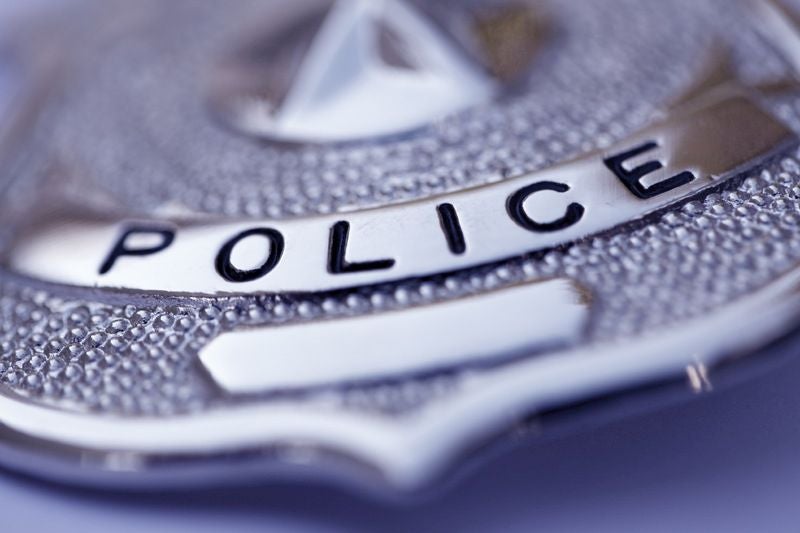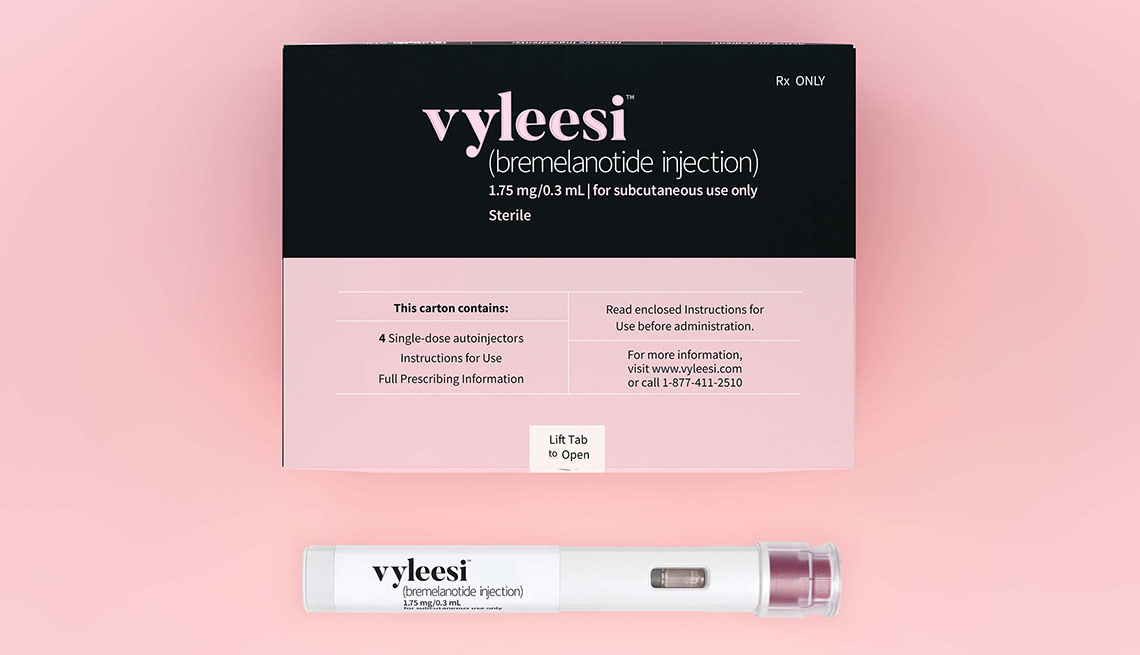- Select a language for the TTS:
- UK English Female
- UK English Male
- US English Female
- US English Male
- Australian Female
- Australian Male
- Language selected: (auto detect) - EN
Play all audios:
THE NHS URGES PEOPLE TO CHECK THEIR BREASTS REGULARLY AND VISIT THEIR GP IF THEY SPOT ANY CHANGES SUCH AS A NEW LUMP OR SWELLING 16:31, 15 May 2023 Breast cancer is the most common type of
cancer in the UK, with around one in seven women diagnosed with the disease during their lifetime. Over 55,000 cases of breast cancer on average are diagnosed annually in the UK, with around
11,500 deaths each year - that's 32 each day, according to Cancer Research UK. Most people who are diagnosed with breast cancer are women over the age of 50, but it can also be found
in younger women and, in rare cases, men can get it too. With breast cancer being so common, it's vital to check your breasts regularly and be aware of the warning signs that mean you
should make an appointment with your GP. The cancer can have several symptoms, but the first noticeable one is usually a lump or area of thickened breast tissue, the NHS advises. READ MORE:
Children's Cancer Run in Newcastle sees huge turnout as it celebrates its 40-year anniversary While most breast lumps are not cancerous, it's always best to have them checked out
by a doctor. The health service says that you should also visit your GP if you notice any of the following symptoms: * A change in the size or shape of one or both breasts * Discharge from
either of your nipples, which may be streaked with blood * A lump or swelling in either of your armpits * Dimpling or puckering on the skin of your breasts * A rash, crusting, scaly or itchy
skin or redness on or around your nipple * A change in the appearance of your nipple, such as becoming sunken into your breast Article continues below The NHS urges patients to be
"breast aware" so that they can notice any of these changes as soon as possible. This means that it's important to know how your breasts usually look and feel at different
times of the month, as every woman's breasts are different in terms of size, shape and consistency and you will know better than anyone what's out of the ordinary for you. The NHS
Breast Screening Programme has a five-point plan to help people be more "breast aware": * Know what's normal for you * Look at your breasts and feel them * Know what changes
to look for * Report any changes to a GP without delay * Attend routine screening if you're aged 50 to 70 You can check the appearance of your breasts for any changes by looking at them
in the mirror, making sure to check them both when your arms are by your side and when they are raised. You can also feel each breast and armpit up to your collarbone for any new lumps or
swellings - visit your GP if you notice anything during your checks that you're worried about. READ NEXT: Article continues below









